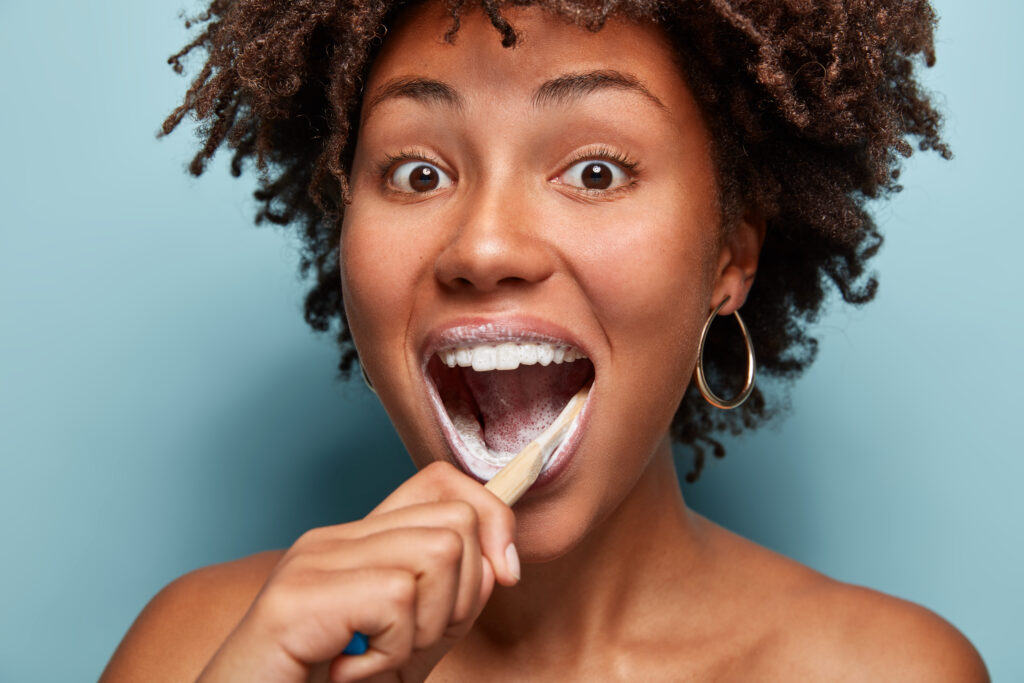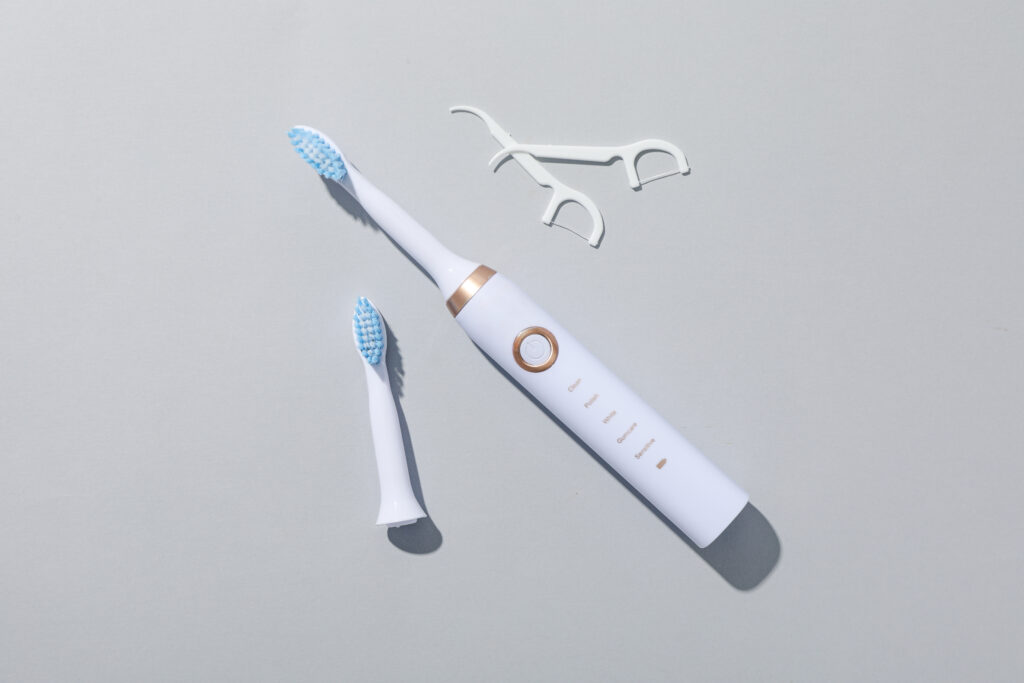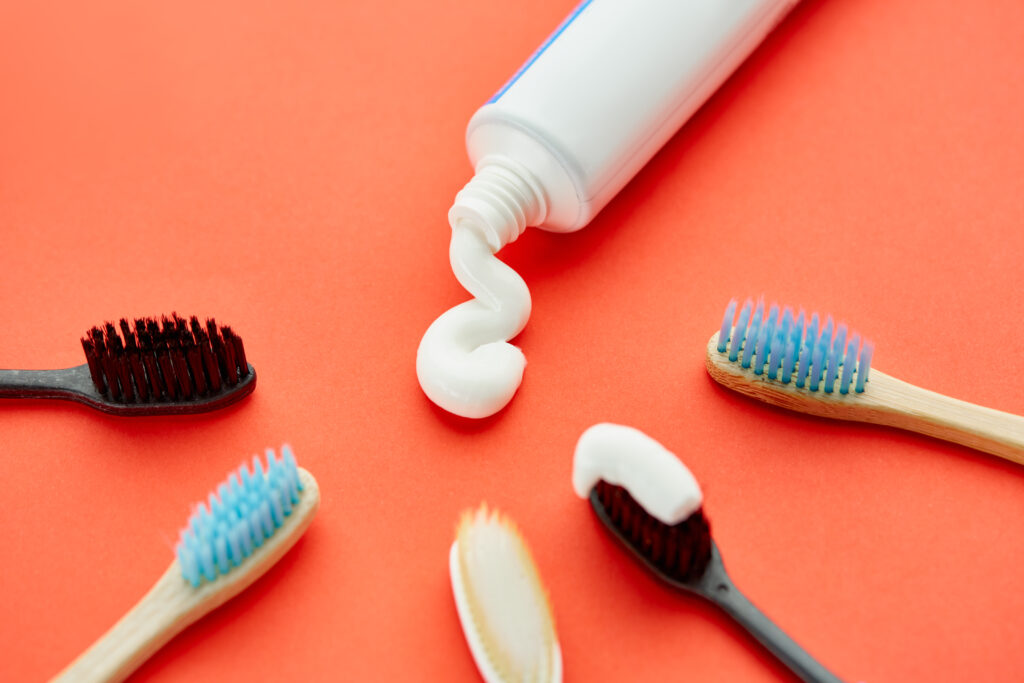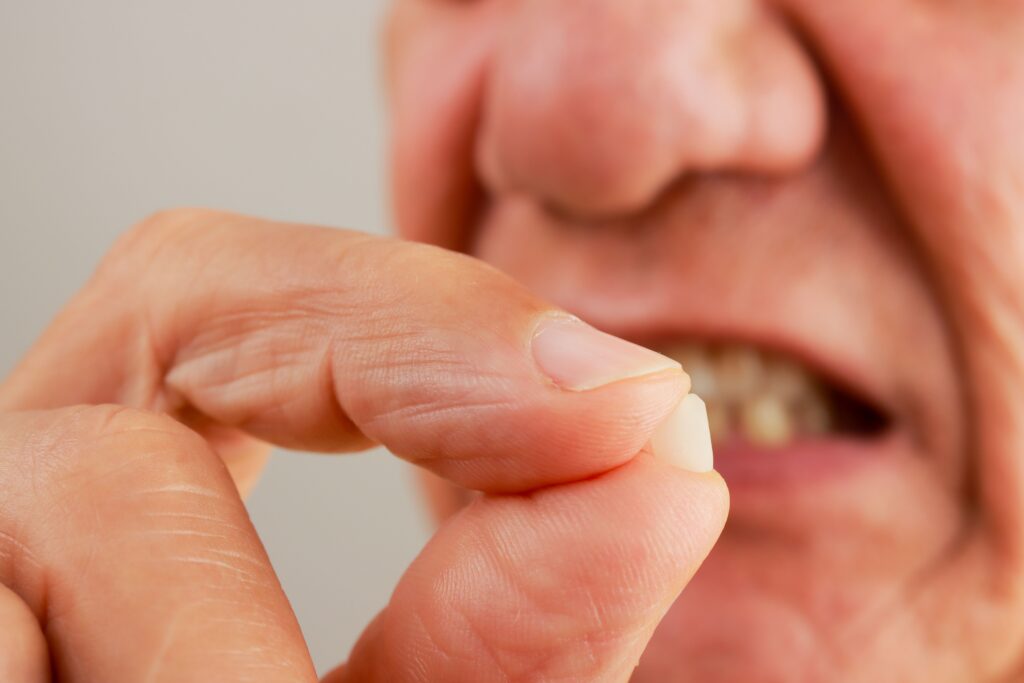Brushing your teeth is one of the most important habits for keeping your mouth healthy. But does it really matter what type of toothbrush you use? With so many choices available, it can be hard to know which one is best. In this article, we’ll break down the differences between toothbrushes and help you decide which type is right for you.
Does It Matter What Type of Toothbrush You Use?

Yes! The type of toothbrush you use can impact your oral health. A good toothbrush helps remove plaque, clean your gums, and prevent cavities. The right toothbrush can make brushing easier and more effective, which is key to maintaining a healthy smile.
Is There Really a Difference Between Toothbrushes?
Toothbrushes may seem similar, but there are some key differences, including:
- Bristle Firmness – Soft bristles are generally the best choice because they clean effectively without damaging your teeth and gums. Hard bristles can wear down enamel and cause gum irritation.
- Head Shape – A diamond-shaped toothbrush head can reach tight spots better than a rectangular one. Electric toothbrushes often have round heads that rotate for a deep clean.
- Bristle Pattern – Wavy or multi-level bristles help clean between teeth better than flat bristles.
- Handle Design – Ergonomic handles provide better grip and control while brushing.
- Manual vs. Electric – Electric toothbrushes can make brushing easier, especially for those who struggle with technique or have limited mobility.
Manual vs. Electric Toothbrushes

Both manual and electric toothbrushes have their advantages and disadvantages.
Manual Toothbrushes:
- Inexpensive and widely available
- Easy to travel with
- Requires proper technique to be effective
Electric Toothbrushes:
- Provides consistent, automated brushing motion
- May help people with arthritis or limited dexterity
- Often come with timers to ensure proper brushing time
Studies suggest that electric toothbrushes can remove more plaque than manual toothbrushes, making them a good option for those who need extra help with their oral hygiene.
Does the Brand of Toothbrush Matter?
The brand of toothbrush is not as important as its design and effectiveness. However, some well-known brands invest in research to create better toothbrush designs. When choosing a toothbrush, look for one with:
- The American Dental Association (ADA) Seal of Approval to ensure quality
- A comfortable grip that makes brushing easy
- The right head size for your mouth
Popular toothbrush brands include Oral-B, Colgate, Philips Sonicare, and more. While brand reputation can indicate quality, it’s more important to focus on the toothbrush’s features and how well it suits your needs.
What Toothbrush Do Dentists Recommend?
Most dentists recommend using a soft-bristled toothbrush with a small to medium-sized head. Some other tips include:
- For Kids – A small toothbrush with extra-soft bristles
- For Adults – A manual or electric toothbrush with soft bristles
- For People with Braces – A toothbrush with V-shaped bristles or an electric toothbrush with an orthodontic brush head
- For Seniors or Those with Limited Mobility – An electric toothbrush for easier cleaning
- For People with Sensitive Teeth – Extra-soft bristles to reduce irritation
Should I Get a Hard or Soft Bristle Toothbrush?

Soft-bristled toothbrushes are the best choice for most people. Here’s why:
- Gentler on Gums – Hard bristles can cause gum recession and irritation.
- Better for Enamel – Hard bristles can wear down tooth enamel over time.
- Just as Effective – Soft bristles clean just as well when used correctly.
Some people believe that hard bristles clean better, but the reality is that brushing technique matters more than bristle firmness. Using a soft-bristled toothbrush with fluoride toothpaste and proper brushing technique will provide the best results.
Other Factors to Consider When Choosing a Toothbrush
- Size – A toothbrush should fit comfortably in your mouth and be able to reach all areas, including the back teeth.
- Handle Grip – A non-slip grip can make brushing easier, especially for children or those with limited dexterity.
- Toothbrush Lifespan – Replace your toothbrush every 3-4 months or sooner if the bristles become frayed.
- Additional Features – Some toothbrushes come with tongue cleaners, pressure sensors, or replaceable heads for added convenience.
How to Take Care of Your Toothbrush
Taking care of your toothbrush ensures that it remains effective:
- Rinse thoroughly after each use to remove toothpaste and debris.
- Store upright and allow it to air dry to prevent bacteria buildup.
- Avoid sharing toothbrushes to reduce the spread of germs.
- Replace regularly as recommended to maintain effectiveness.
Final Thoughts
Choosing the right toothbrush can make a big difference in your oral health. The best toothbrush for you is one that:
- Has soft bristles
- Is the right size for your mouth
- Has the ADA Seal of Approval
- Feels comfortable to use
No matter which toothbrush you choose, the most important thing is brushing twice a day for two minutes and visiting your dentist regularly. With the right toothbrush and good habits, you can keep your smile healthy and bright!





